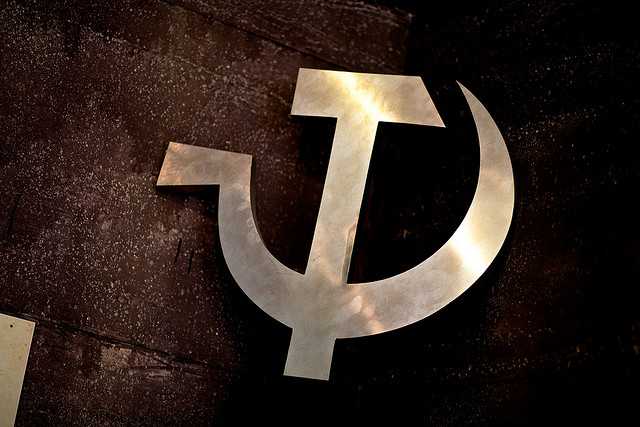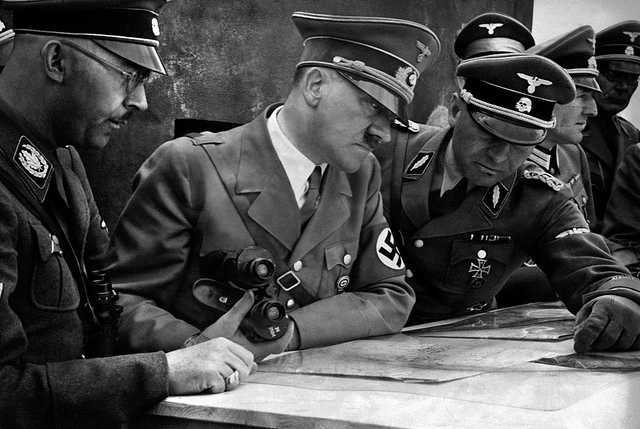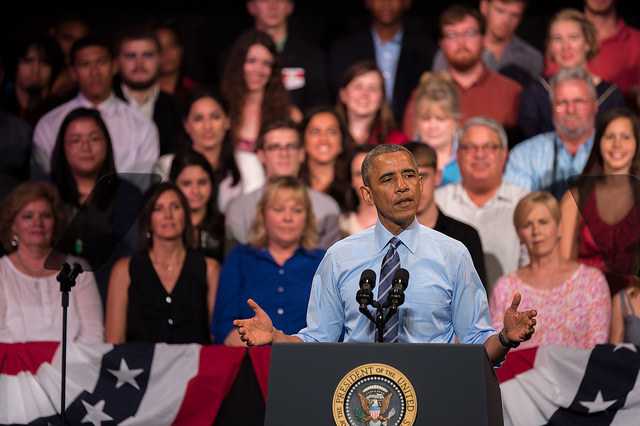
The fear of communism was a manifestation of political anxiety over the infiltration of international influences in the United States. This was namely tied to Soviet Russia, during the 20th century. One of the main reasons of this fear was based on the huge differences between communism and capitalism as economic systems. However, there are other most noteworthy historical examples of it. These examples include the Cold War, McCarthyism in the 1950’s, and the Red Scare after World War I, at the beginning of the 20th century.
The capitalist system of the United States is based on independent economic production and trading in a free market economy. On the other hand, communism is an economic system in which a government plans and regulates the economy and responsibility for production, which is shared by a society. Communism emerged in Russia as a state ideology in 1918, following the Bolshevik Revolution. This populist uprising toppled the regime of Czar Nicholas II, and it was led by Vladimir Lenin. The Bolsheviks were previously part of the Social Democratic Labour Party.
However, they used the charismatic leadership of Lenin and institutionalize their communist ideology in a new Soviet state. Following a series of anarchist bombings on the United States soil after World War I, as well as the Bolshevik Revolution in Russia, the Red Scare started in the United States in 1919. Bred out of nationalist fervor of the United States during the war, the Red Scare a defensive response of society to the perceived infiltration of communism in the United States. The Red Scare lasted until the middle of 1920’s.
It resulted in the occasional suspension of civil liberties, because people, who were suspected of being communists, were often jailed and terrorized. The effects were mainly felt on the politicians – by people whose criticisms of Red Scare tactics were mostly stifled by fears of retribution. The senator of the United States from Wisconsin, Joseph McCarthy, led the effort to expose and purge domestic communists in the 1950’s. He claimed that there were known communists working to subvert the government of the United States from within.
Suspected communists had their names blacklisted. Some people, who were blacklisted, were members of the American political left. They were restricted from many work opportunities and civil liberties, such as freedom of speech. This paranoia had significant effects on the political as well as social landscape of the United States. In addition to the communist political party, other left-wind political organizations were also restricted from criticizing his anti-communist tactics, because of the fear of being deemed disloyal to the United States.
The Cold War was a political standoff between the communist Soviet Union, which occurred during the second half od the 20th century, and the capitalist United States. During the Cold War, feelings of anti-communism and nationalism were increased in the United States. For Americans, communism was not so much recognized for being a legitimate political affiliation or economic system as it was a symbol of the Soviet Union and for that reason a threat to the American way od life.
Even though the dissolution of the Soviet Union brought an end to the Cold War in 1991, communism continues to have bad reputation and even inspire fear in today’s American society.



